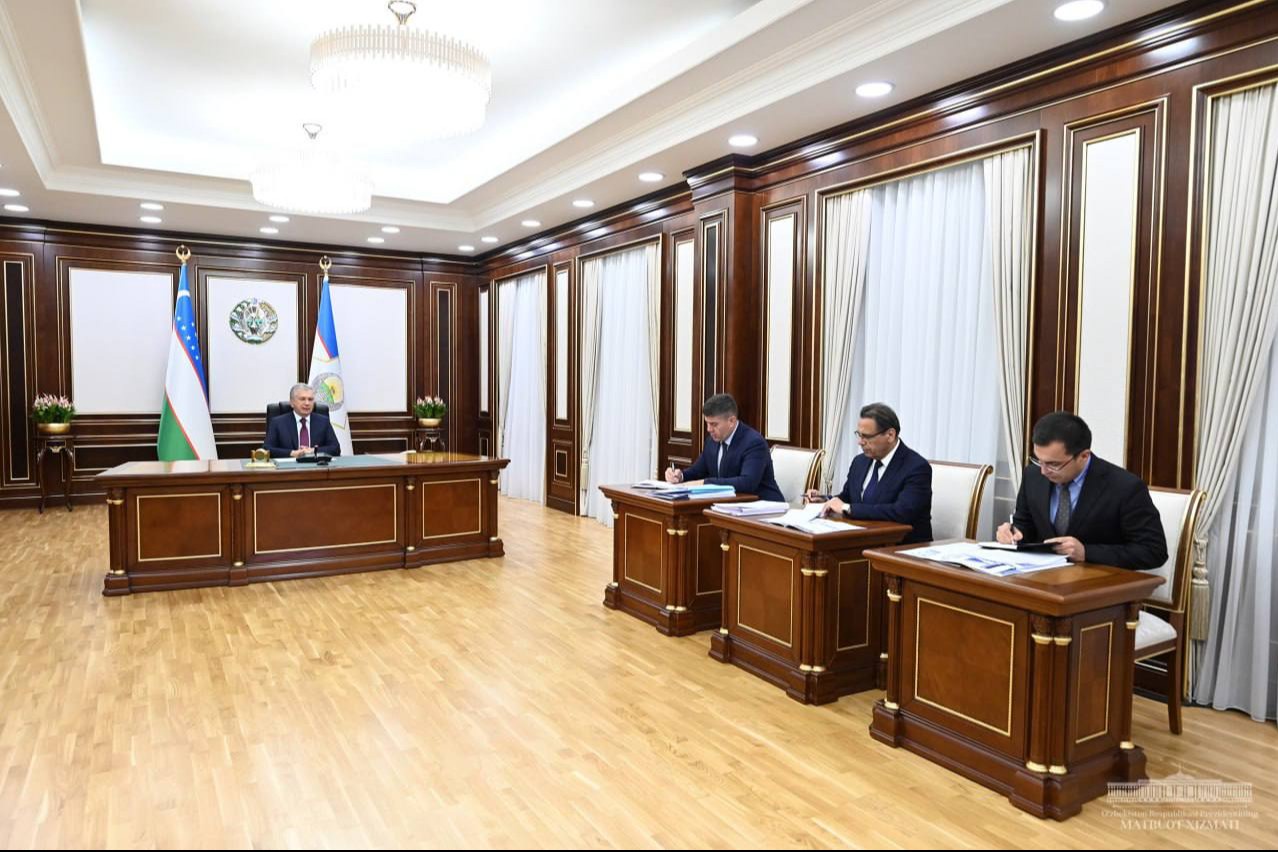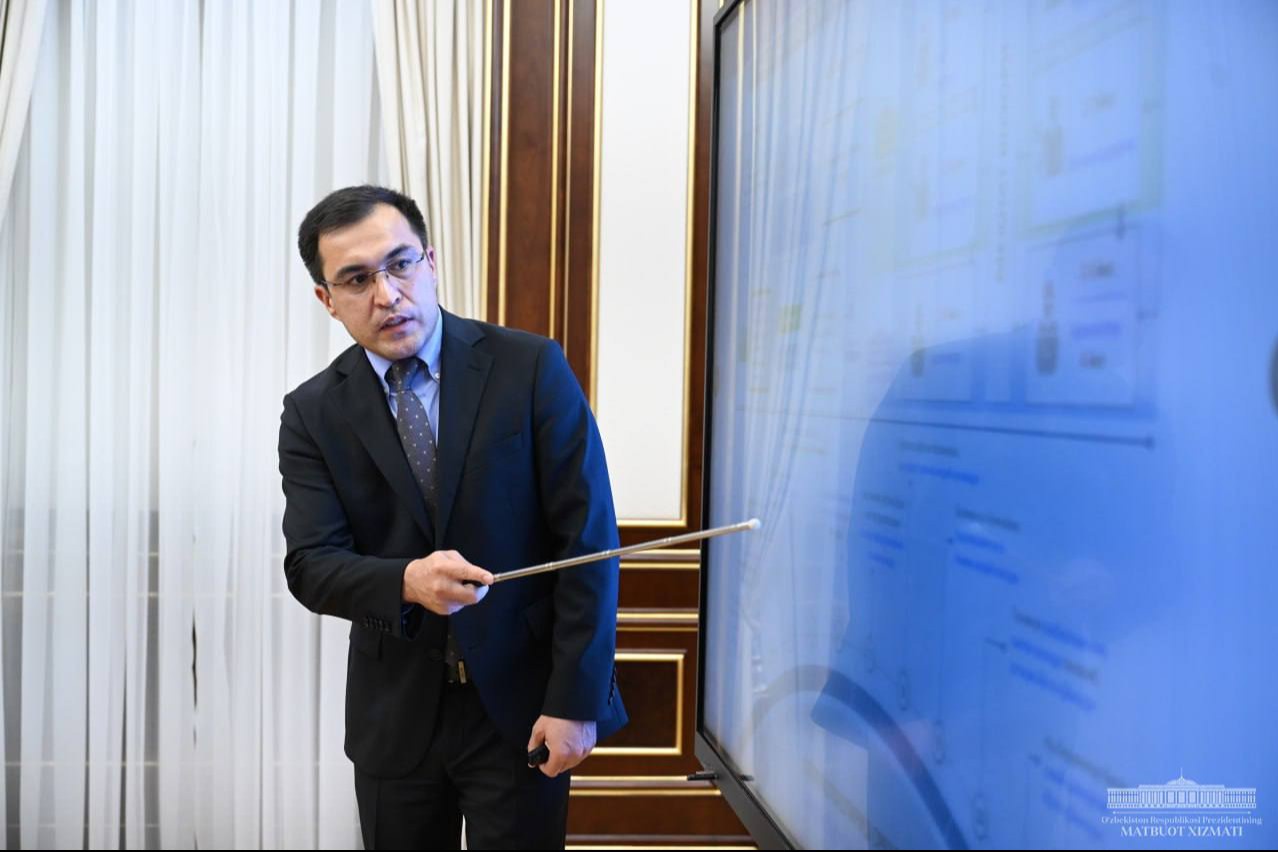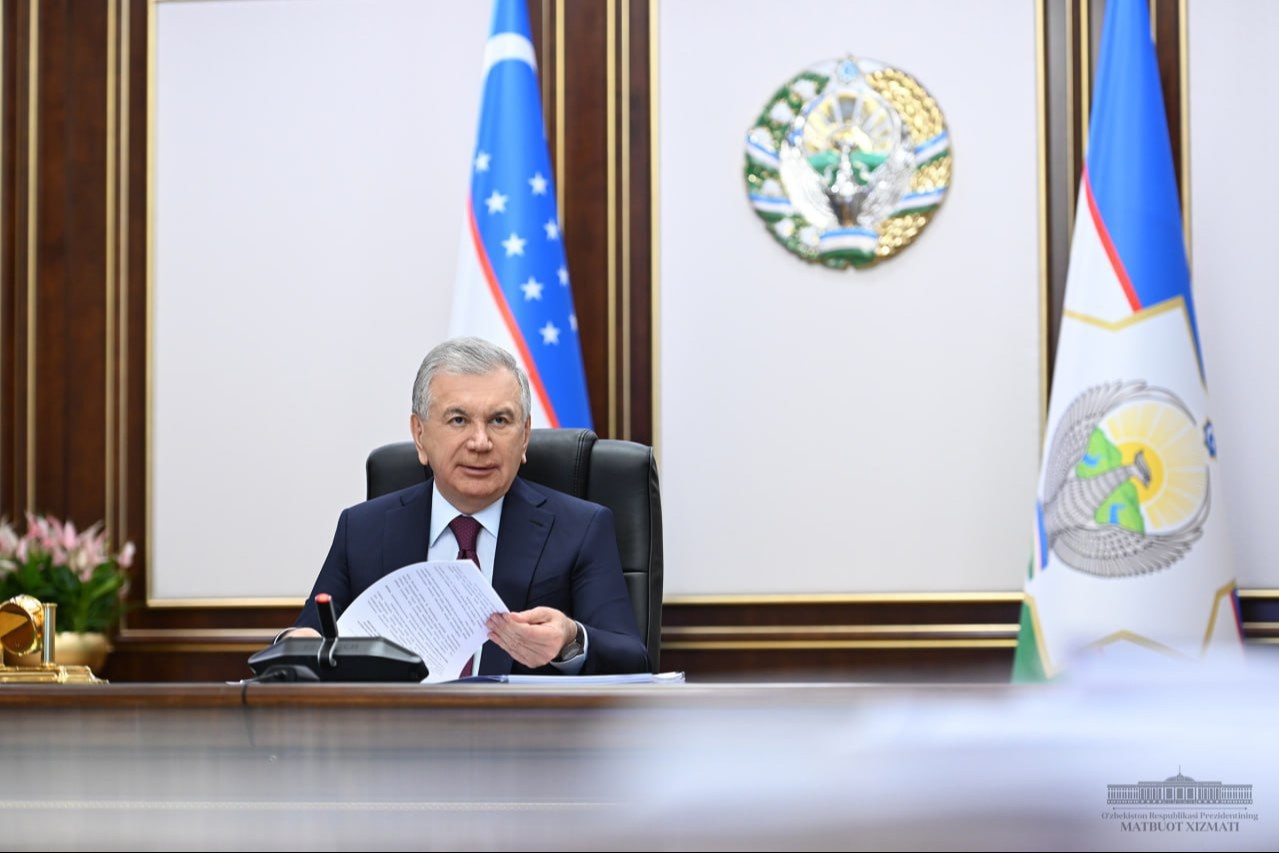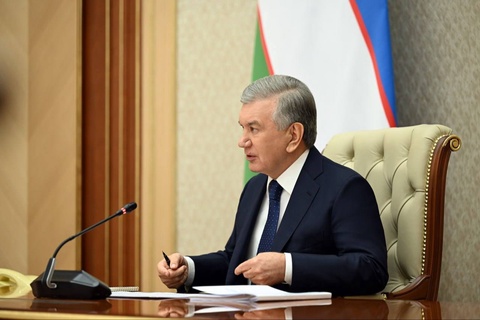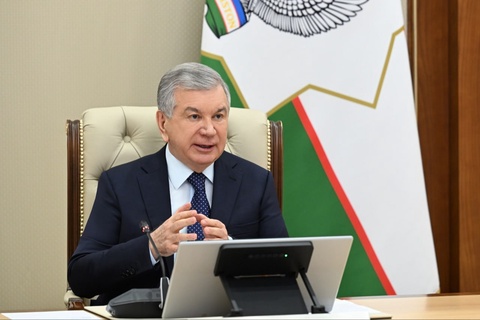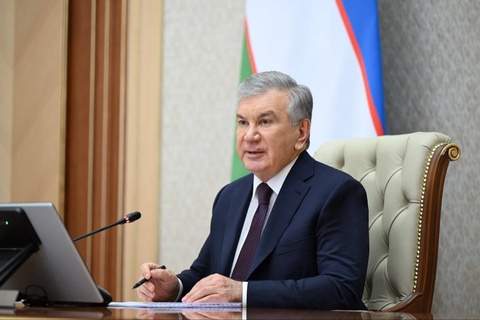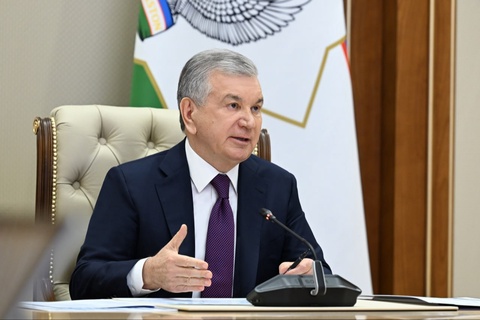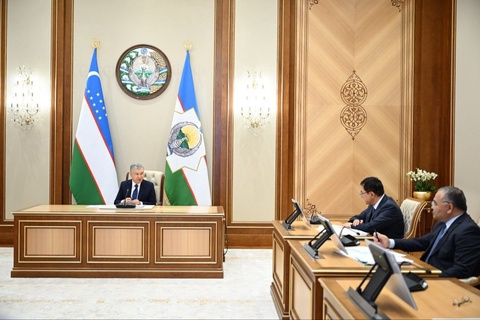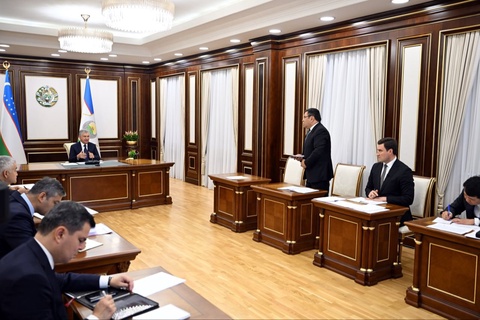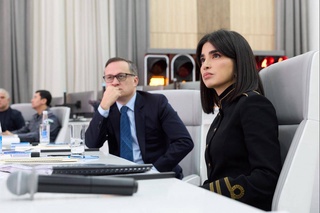This task was set at a meeting on social spheres held on February 5 this year. Over the past period, the system’s effectiveness has been critically studied, and additional measures have been developed.
Currently, the vocational education system consists of three types of institutions: 333 vocational schools, 227 technical schools, and 112 colleges. Due to the differences and lack of connection between their curricula, the existing capacity of the institutions is used inefficiently.
Therefore, developing a network of technical schools based on these three types of institutions is proposed. According to the proposal, 600 technical schools will be created. As a result of optimization, 71 buildings of released institutions will be transformed into schools, and 42 thousand new student places will be created.
In addition, today, colleges operate under various ministries and agencies. From now on, the Ministry of Higher Education, Science and Innovation will implement the unified state policy in the management, organizational, and methodological aspects.
Expanding the academic independence of technical schools is envisaged to quickly adapt to the demands of the times. The terms and duration of training will be determined depending on the complexity of the profession and the level of education of the student.
International educational programs will be introduced in technical schools to improve the quality and attractiveness of education. Initially, as an experiment, the English program BTEC will be introduced in 14 technical schools. Graduates will be issued diplomas recognized in 70 countries and will also be given the opportunity to enroll in more than 200 foreign universities. Depending on the results, this experience can be gradually applied to other technical schools.
It is also essential to form the admission process based on employer requirements. For this purpose, an electronic platform will be created to connect all ministries and industries. The educational programs of technical schools will be implemented after coordination with sectors, business associations, large employers, and associations.
The presentation also considered the issues of reforming the National Qualifications System.
Some work has been carried out in this area in recent years, but many problems still need to be solved. Standards have not been developed for more than a thousand working professions, and qualifications for some occupations do not meet international requirements.
The Prime Minister will now head the Republican Council for the Development of Professional Qualifications and Knowledge. 24 new industry councils will be created as part of the council.
In addition, the Institute for the Development of the National Qualifications System will be created under the Center for Educational Projects. The Institute will develop a new version of the National Qualifications Framework based on the best practices of developed countries. The classification of positions and professions will be revised by including about 100 modern professions and excluding those that have lost their practical significance.
The Head of state expressed his vision on the issues of equipping technical schools with equipment and tools, training workers in specialties that meet modern requirements, and increasing the share of practical classes.


